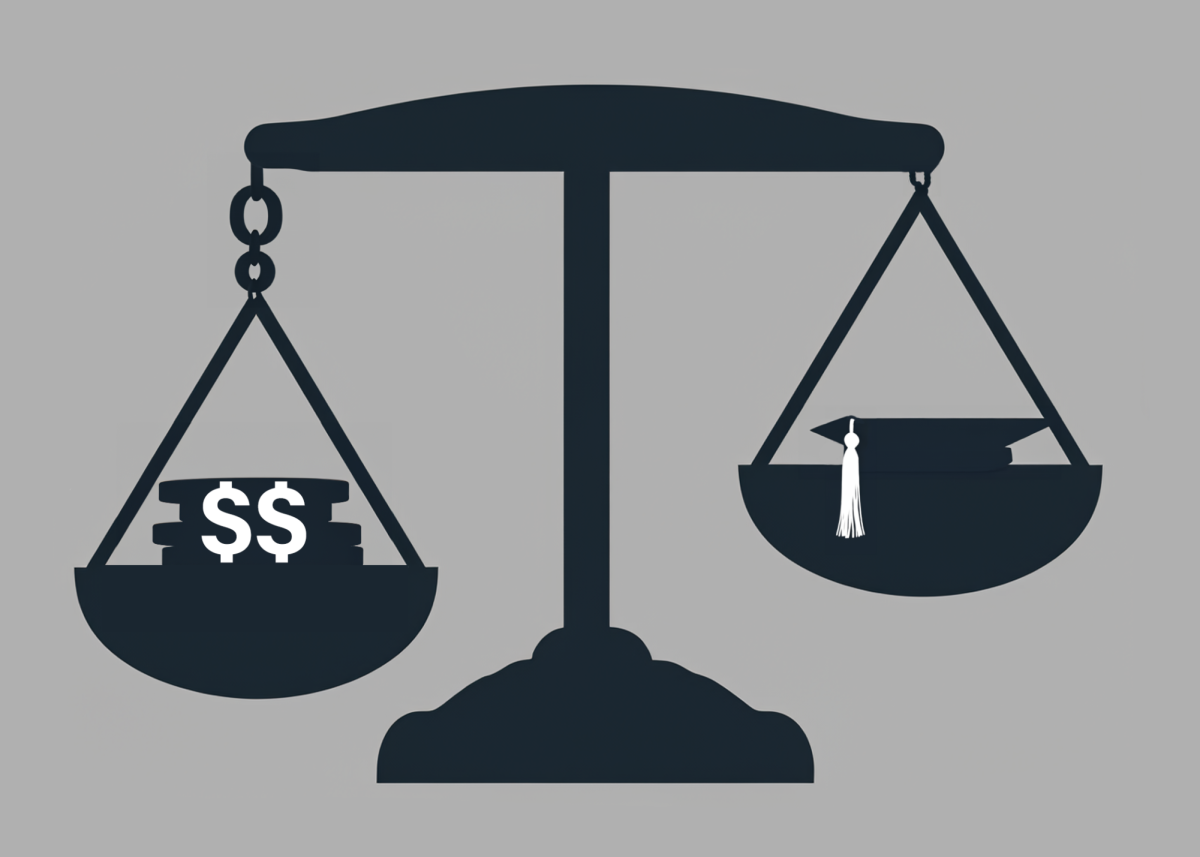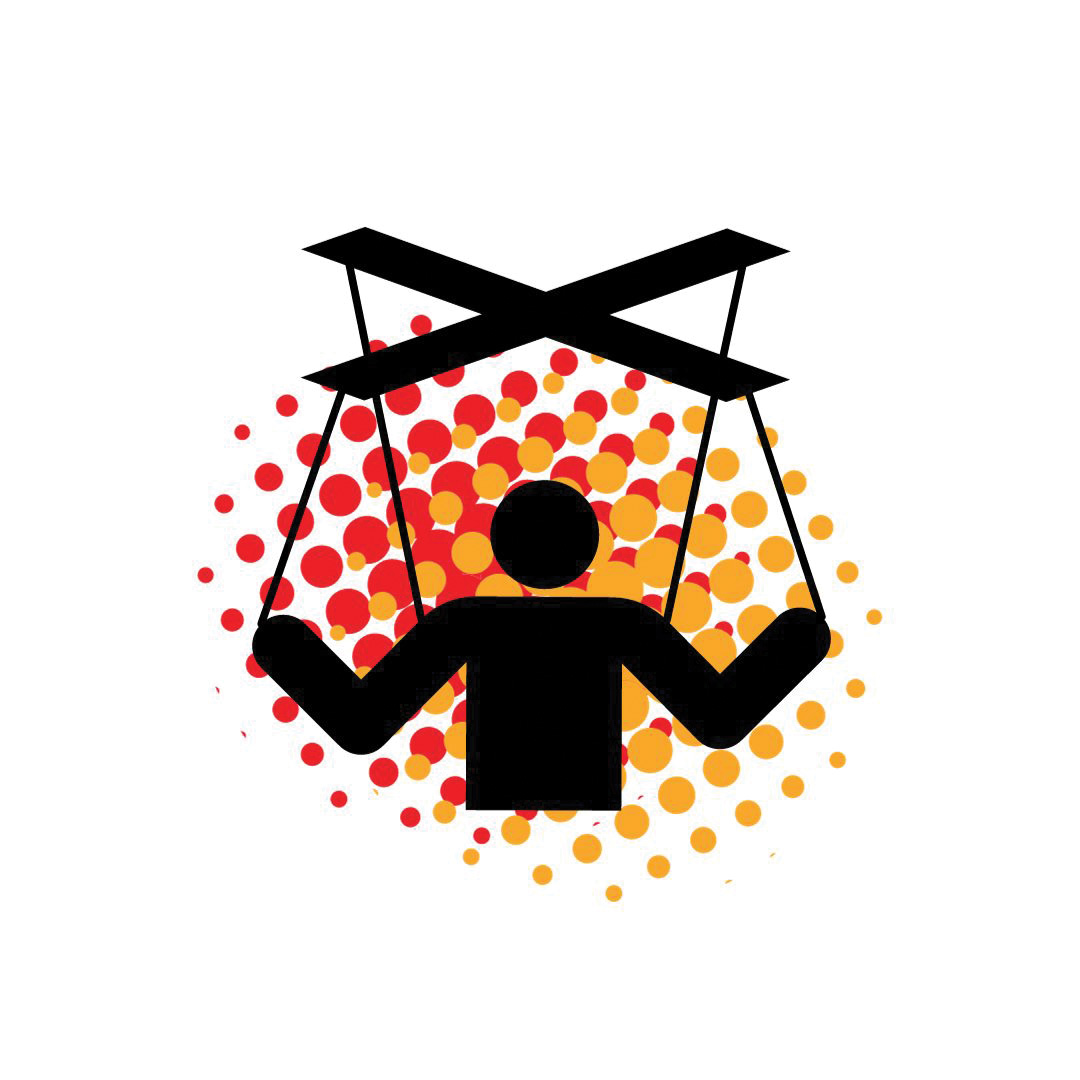By Hayden Welty ’19
THE ROUNDUP
For many students, accelerated curriculum and heavy workloads dominate daily life and facilitate a proactive work ethic.
Teachers assert that innovative methods can aid students in accomplishing their ambitions and said tips for how to best study can fall into two categories: Inventive and Scientific.
English teacher Mr. Tom Danforth ’78 said in an email to The Roundup that studying together is something he witnesses students do frequently.
“I constantly hear my AP juniors making up study groups for Chemistry, Physics or Calculus,” he said. “They divide up the work, going over study guides or problems together, each person contributing his strengths. They explain ideas and problems to one another, sometimes more simply than a teacher does.”
Mr. Danforth also said communication with instructors is crucial to success.
“See your teacher!” he wrote in an email. “It should go without saying, but it always amazes me how many guys think they have to do everything on their own. If they do badly on a test, they figure they just have to study harder. They’re better off talking with their teacher for specific pointers. The teacher is the one who makes up the tests.”
Religious Studies teacher Ms. Megan McDonald said study breaks are valuable, even though at first the idea may seem counter-productive.
“Take short breaks,” she said in an email to The Roundup. “Don’t study for more than 50 minutes at a time without getting up, stretching and giving your brain a break.”
Science teacher Mrs. Patty Mazier explained in an email that visualization is useful for students.
“Think of a house, go into the house, and remember items you have to learn in specific spots of the house.”
Mrs. Mazier also said that studying right before sleeping helps recall specific information, and mnemonic devices are also beneficial when attempting to memorize complex material.
“Mnemonics translate information into a form that the brain can store better. Even the process of learning the mnemonic helps transfer information to long-term memory. Mnemonics are usually used for lists. Their use is based on the idea that the mind more easily remembers personal, surprising, physical or humorous information, rather than more abstract or impersonal forms. There are all types of mnemonics songs and poems, names, words or expressions.”






























